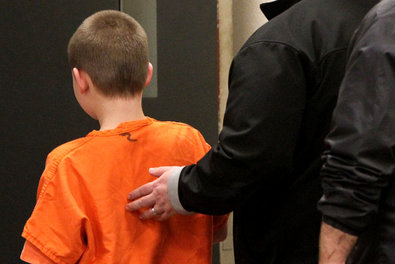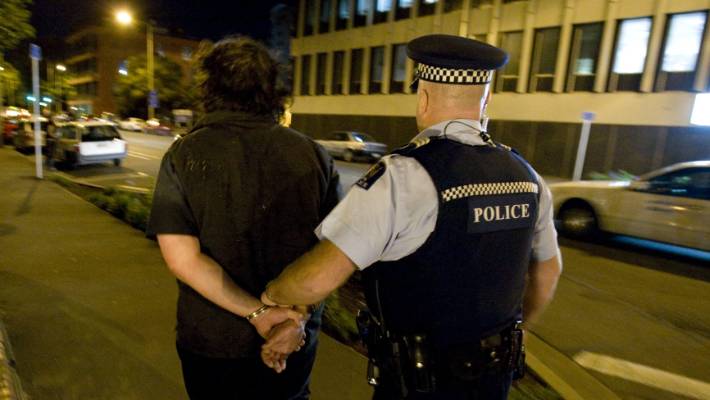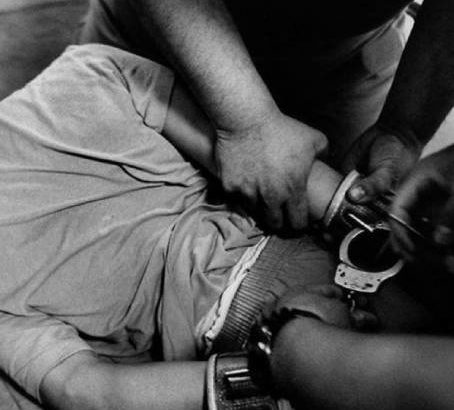Introduction
It is evident that youths are given a unique verdict when they are arraigned in court. Unlike their older counterparts some legal elements are lifted to suit their maturity status. When I talk of youths I categorically refer to minors who are below 18 years of age. Also, as a young offender lawyer, it is clear that the confidentiality of the minor is paramount while pursuing legal action.

If the accuser violates the law and exposes the identity of the minor, there are penalties that may apply. The main objective of hiding the identity of the minors is to protect them from psychological torture which may affect their future ambitions.
Why are minors treated differently?
According to the constitutional outline and the international child rights, it is evident that these minors are given a special priority in all the legal procedures. Young offender lawyers in Burlington is at the forefront in ensuring that the minor’s rights are upheld with utmost care.
There are some legal notions that make these minors be exonerated from facing full jaws of the law. They are:
- The likelihood to reform- it is believed that young minors can reform after being punished. They tend to understand their mistakes and desire to change to avoid future embarrassment. It is also believed that since they are not hardcore criminals, the likelihood of them changing is very high. The authorities are also lenient to them and the possibilities of being given a second chance are high. Mostly, they are sent to rehabilitation centers for a short time where moral values and good virtues are instilled in them.
- The relatives are likely to sacrifice a lot in order to set you free. When a minor is convicted of a crime, the relatives are likely to participate fully in the legal process. They will alma-gate their resources, hire the best young offender lawyers like us, as well as try to convince the accuser to drop the case.
- They are termed ignorant and unaware of the rules and regulations governing them. This notion does not apply to their mature counterparts who in this context face statements like ‘Ignorance of the law is no excuse’. Thus they end up breaking the law and being sent to rehabilitation centers where they are released afterwards after reforming.

Young people are treated quite differently than adults by the criminal justice system. This is because it is understood that young people lack the experience and judgment of adults; they are not fully mature and have not yet developed their adult identities. As a general rule, they make more mistakes and are more easily rehabilitated than adults.
There are special rules that apply to youth cases, at every stage from investigation to arrest to the way they are handled by police and the courts. Even the punishment for crimes is different. There is even special legislation dealing with these cases, called the Youth Criminal Justice Act (YCJA), which completely updated and modernized the old Young Offenders’ Act.
A youth is someone who is under 18 years of age at the time of the commission of the offence with which s/he is charged. Youth cases take place in special Youth Courts, presided over by Youth Court judges.

The somewhat convoluted legal definition of a young person in the Criminal Code is as follows:
2.(1) “young person” means a person who is or, in the absence of evidence to the contrary, appears to be twelve years old or older, but less than eighteen years old and, if the context requires, includes any person who is charged under this Act with having committed an offence while he or she was a young person or who is found guilty of an offence under this Act.
The YCJA begins with both a Preamble and a Declaration of Principle that guide the application of the law to young persons. Those principles include:
- Addressing the circumstances underlying the youth’s behaviour;
- Rehabilitation and reintegration into society;
- Fair and proportionate accountability;
- Enhanced procedural protection and fairness;
- Prompt and timely intervention;
- Reinforcing respect for societal values;
- Recognizing the gender, ethnic, cultural and linguistic differences of young persons, especially those who are aboriginal or who have special needs.
We provide a free consultation and will discuss how to get the best possible results for your case.
Know your rights! If you, your child, family member or friend are charged criminally do not delay in contacting us.
